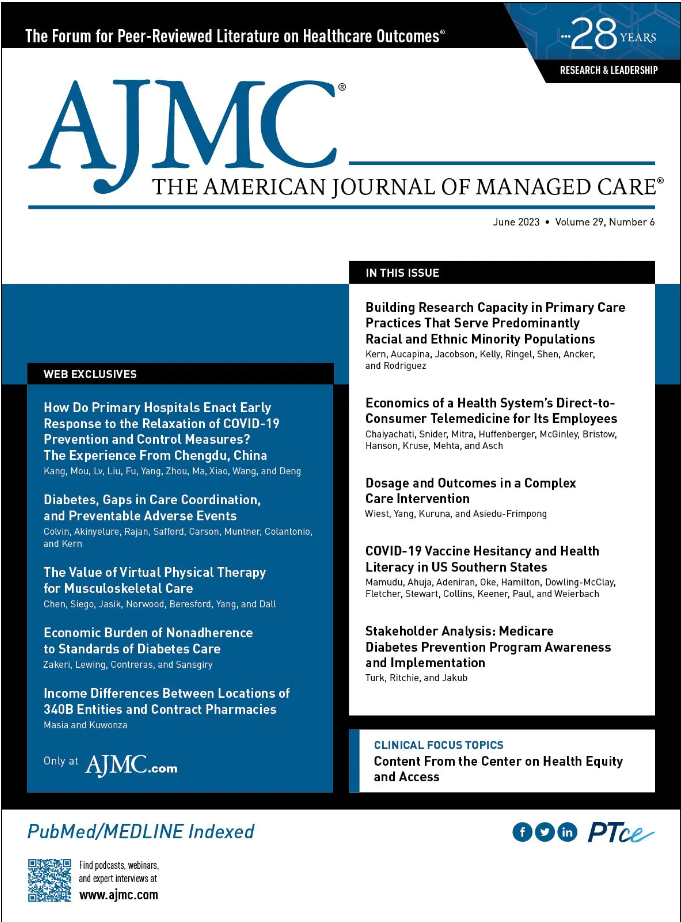Headline
Implementation of a high-dose care management intervention for patients with complex health and social needs can reduce hospitalization rates.
Context
Complex health and social needs can lead to costly and avoidable hospital usage. Reduced hospital use patterns and health care costs are often metrics for care management services, delivered by complex care programs, targeted at these patients. The authors of this study re-visited data from a 2020 study of Camden Coalition’s care management intervention, to understand the relationship between intervention dosage and hospital utilization. In this study, dose was defined as length of time care team staff spent working directly with or on behalf of patients and response was defined as post enrollment hospitalizations.
Findings
Patients who received a relatively higher dose of the care management intervention had lower hospitalization rates at 30- and 90-days post enrollment, compared to patients who received a lower dose of the intervention. However, for patients with long-term chronic diseases, which often require ongoing medical attention, care management was not found to impact hospitalization rates over longer periods of time. The authors also found that staffing needs varied based on individual patient characteristics and circumstances, however noted that patients with more complex health and social needs often required more staff effort.
Takeaways
Study results demonstrated the relationship between high dose interventions for patients with complex health and social needs and hospital utilization, as well as the importance of considering dosage in evaluating care management programs. The authors highlighted the importance of adequate and sustainable staffing structures and consistent funding sources to effectively engage patients with complex needs with care management interventions. The authors acknowledged that patient motivation and activation – i.e., how willing and able a patient is to take independent action to manage their health and care – while not measured in this study, can play a significant role in dosage received and hospital utilization outcomes.

